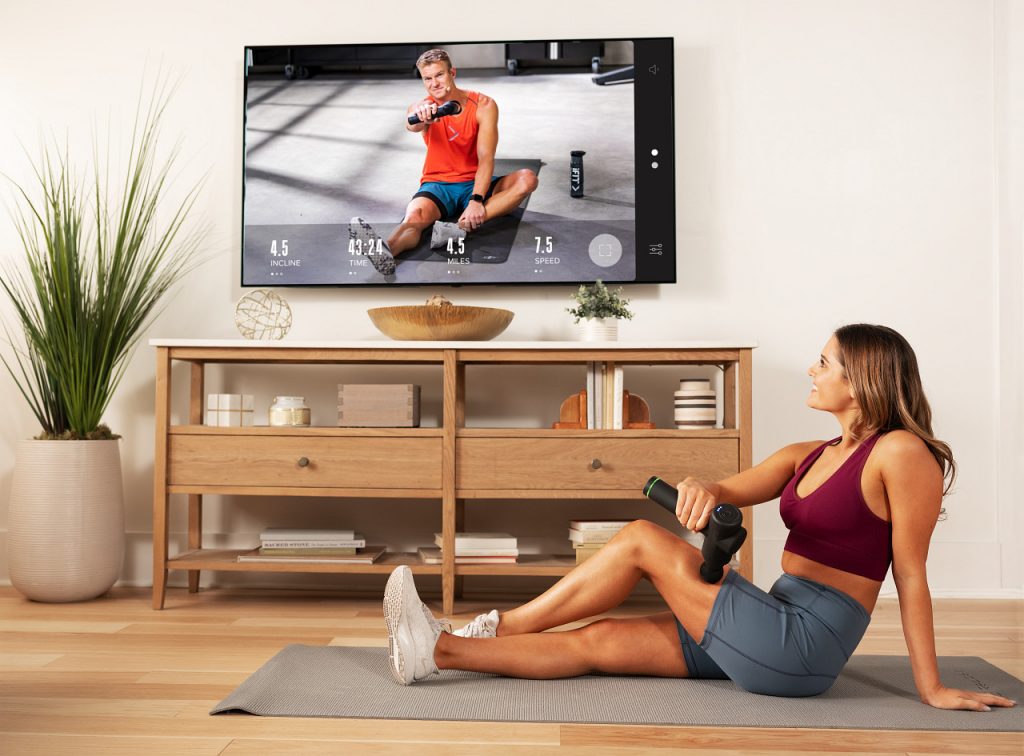The brain may not be a muscle, but cognitive agility can be worked on, and that’s good news because this knowledge can help you to create the best workout program! Learning about how the brain works, along with some good habits to adopt and ideas for exercises, you can add a new element to your daily routine: brain training! Are you ready to take up this challenge?
3 Things to Know to Get Your Brain Working Well

Keeping your brain in shape allows you to improve your memory, your ability to analyse, your reactions and your concentration, all of which are useful in your daily life as well as in your sporting activities. For successful cognitive training, these 3 pieces of information on the functioning of the brain are good to know:
- Like muscle strengthening, maintaining brain agility requires change. You need to keep varying the activities you do and increase their difficulty to keep your brain sharp. Change your habits to challenge your brain!
- The brain is endowed with what is known as neural plasticity: in other words, it is capable of reconfiguring its connections as it learns and even of creating new ones throughout its life!
- New knowledge must be applied for the benefits to be retained: learning a concept is not enough because the brain sorts out the less useful information. As always, practice and consistency are the keys!
4 Habits to Strengthen Your Brain Agility

To start, put in place some good habits to give the brain everything it needs to stay agile:
- Add healthy fatty acids, such as omega-3, to your diet by eating oily fish (salmon, mackerel, sardines, herring, etc.). Nuts are also beneficial for brain health.
- Take up meditation to reduce your stress levels and test new ways of using your brain.
- At night, the brain is active: it consolidates the concepts learned during the day, eliminates toxins and helps strengthen the memory. Good sleep is essential for cognitive health.
- Physical exercise is beneficial for the brain, particularly by promoting oxygenation and regulating the production of hormones that act on emotions, stress, sleep, etc. Playing sport could also stimulate the creation of new neuronal connections and support reasoning capacity.
Try These 3 Exercises to Train Your Brain

Now you’re ready to start training your brain, try these fun exercises to practice daily:
- Stimulate your memory using visualisation: start with an easy exercise, such as remembering a shopping list by associating familiar images with it. If you are receptive to this type of training, you can embark on a more long-term exercise based on the loci method, a mnemonic used since ancient times to memorise large amounts of information. The idea is to choose a setting that you know well (for example, your bedroom) and to “store” each important piece of information to be learned in a specific place. When you need a piece of information, all you have to do is go through the places in your mind in the order you want to access it. This exercise is very stimulating for the brain, and over time you can build up a real memory palace!
- Perform an everyday action upside-down, back-to-front or with your eyes closed to challenge your brain: shower or take off your clothes with your eyes closed, put a picture you have all day in front of your eyes upside-down or brush your teeth with your left hand if you are right-handed. Try to do one such challenge per day and change it when it becomes easy!
- Test your attention by asking yourself simple questions: how many windows are there on the floor of my office, how many steps are on the staircase of my best friend’s house, what colour is the front of the grocery store in my neighbourhood? If you don’t get the answer on the first try, you can be sure that soon, you won’t miss any of the details of your environment!
As a bonus, pick up some good ideas from the many psychometric tests available on applications or online to develop your logic and reasoning skills. Board games, Sudoku or crosswords also help to mobilise your cognitive abilities. In short, be curious!
Check out our Health & Fitness page for more advice.
